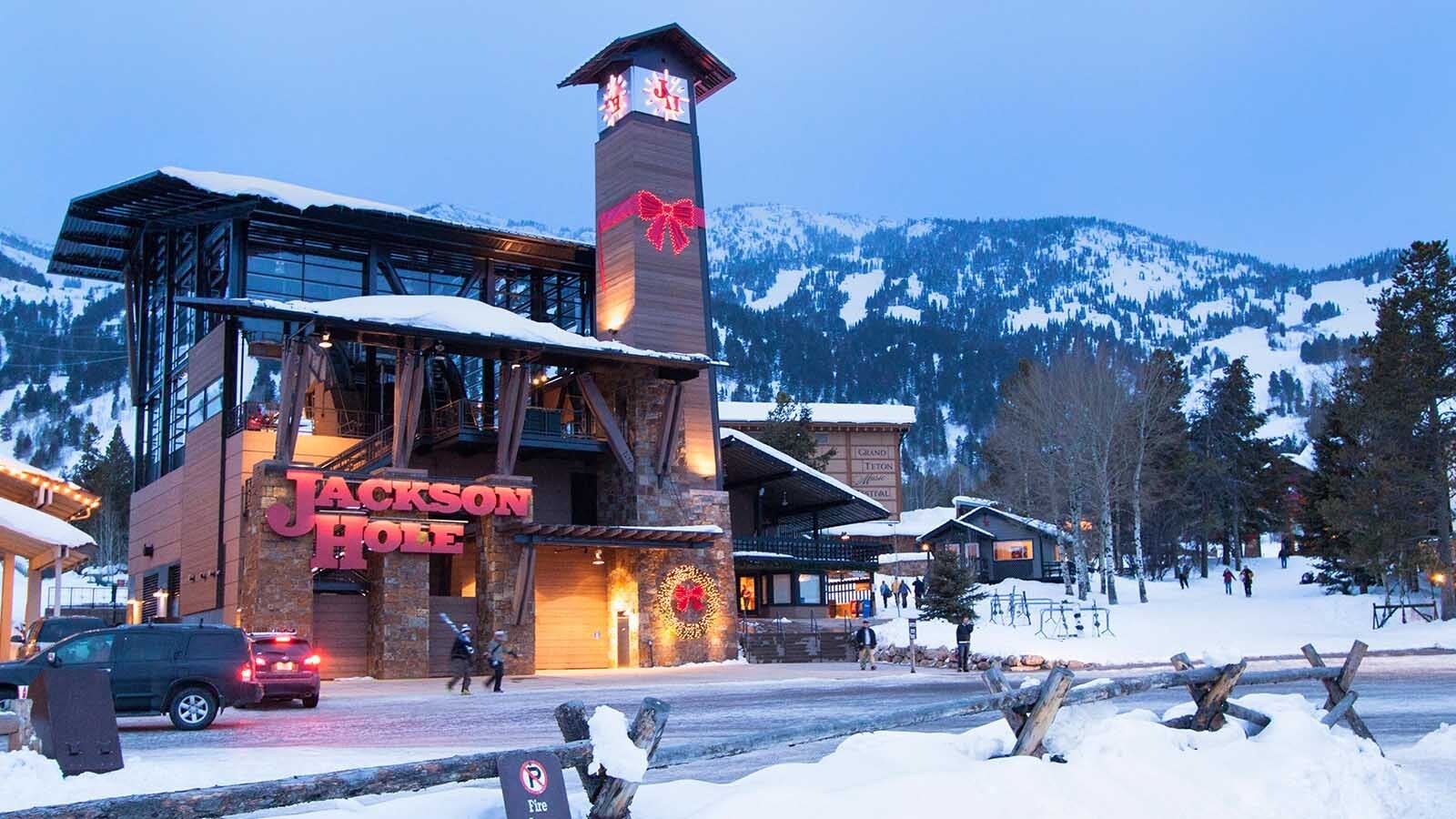The Fifth Judicial District Court in Cody is still not permitting members of the public to enter the courtroom for regular hearings without prior permission and a facemask because of COVID-19 concerns.
The regulation is being enforced by Judge Bill Simpson, son of former U.S. Sen. Alan Simpson.
Park County may have the strictest pandemic rules still in place for all courtrooms in Wyoming.
Teton County has often had the highest COVID-19 rates and most stringent restrictions since the start of the pandemic. Teton County District Court Clerk Ann Sutton said social distancing measures implemented for jury trials are some of the only restrictions still in place, because of the small size of their courtroom.
Court staff in Natrona and Lincoln counties said they have also reduced COVID-19 restrictions significantly and allow full public access.
Teresa VanButsel-Rowan, judicial assistant for Simpson, said attorneys, plaintiffs, defendants, and members of the public and the press can make a request to be able to attend a hearing in-person in the courtroom. She said the request is granted if the applicant is not exhibiting any coronavirus symptoms and agrees to wear a facemask.
“We’re hoping to get away from that, but it depends how prevalent the virus is,” VanBustel-Rowan said.
Park County has two active cases of the virus. Since the pandemic began, there have been 149 deaths due to the virus in the county, with 23 occurring this year. In Wyoming, there have been 1,884 deaths due to the virus.
“We’re just trying to keep everybody safe,” VanBustel-Rowan said. She said her husband had a serious illness in the past year that required him to be put on a ventilator for weeks.
Jury trials in Park County are fully open to the public without prior request, but all attendees, including jurors, must wear facemasks while in the courtroom and maintain distance from each other.
“We’re just trying to protect everybody,” VanBustel-Rowan said. “There’s people in the community still dying from this.”
VanButsel-Rowan said several people in their office contracted the virus in early August and are immunocompromised or have significant others in severely poor health.
Park County Circuit Court, which is presided over by Judge Joseph Darrah in the same courthouse, has not followed these COVID-19 protocols. This lower court, which was overseen by Judge Bruce Waters until late 2021, returned to full public access by mid-2020.
Outside of jury trials, public court hearings don’t typically draw a large audience in Wyoming or Park County.
In its latest order released on July 7, the Wyoming Supreme Court granted the state’s courtrooms the discretion to make their own COVID-19 regulations if they can maintain virtual access. Another order will be released by the court by February 1.
The Supreme Court has had its own set of protocols in place since August 2021. Under this operating plan, based on their employee’s rate for the virus, public access to the Court is only guaranteed with the discretion of the chief justices, when 3% or fewer of total staff members are required to quarantine or isolate because of a COVID-19 test.
Jury trials for Wyoming’s district and circuit courts can be listened to live across the state on the Wyoming Judicial Branch website. Court staff also provide members of the public web links and telephone numbers to access other hearings when requested.
In Laramie County, Clerk Diane Sanchez said unless a request is made to be in-person, most hearings are now taking place virtually through some form of video conferencing or telephone. This has become common in many courtrooms statewide and across the country since the start of the pandemic.
In May, the Sixth Judicial District, comprising Campbell, Weston and Crook counties, issued an order bucking this trend, requiring all hearings to take place in-person unless a virtual setting is requested.
Sanchez said when jurors check in in Laramie, their temperature is taken and they are asked questions about their health. It’s a similar procedure to what takes place in Park County.
When they do occur, Sanchez said, in-person hearings are fully open to the public in her county.
“If it is a public hearing, the public is allowed to go in,” she said.





